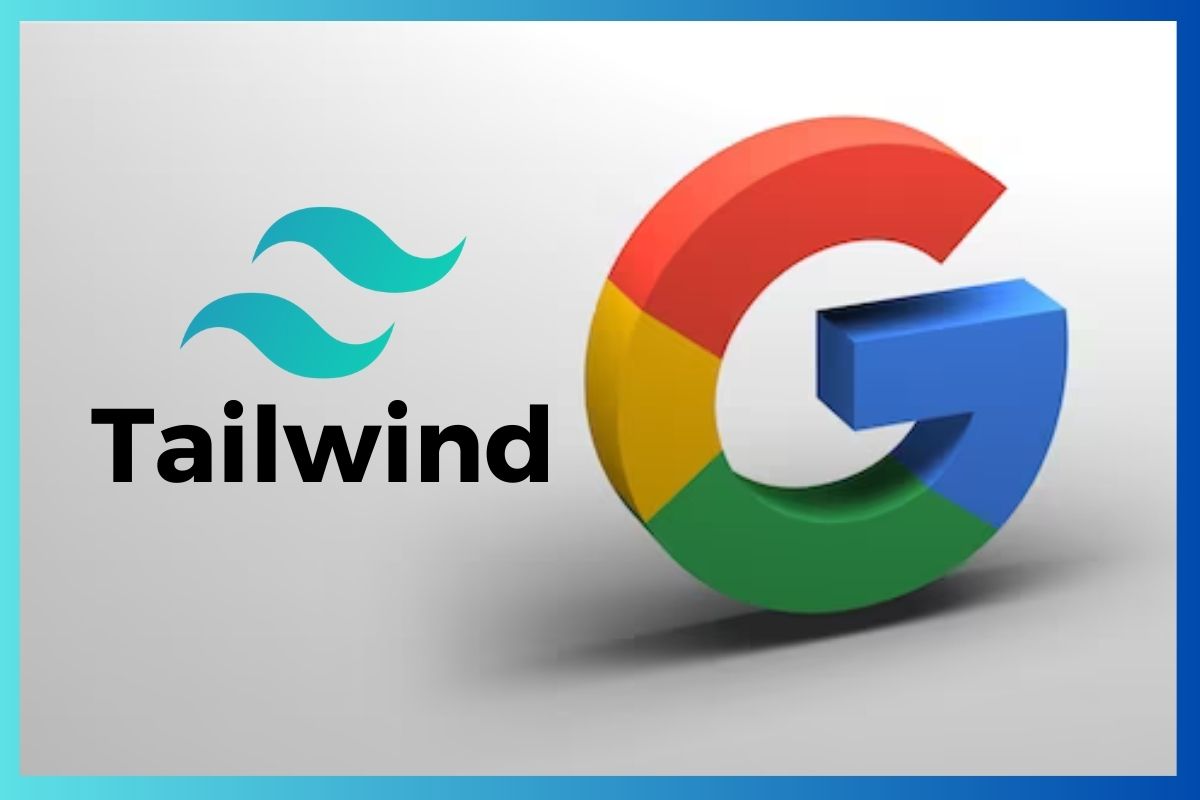Google is granting access to a limited number of users for its “AI notebook for everyone” and rebranding it as NotebookLM, formerly known as Project Tailwind. If you find it challenging to comprehend the abundance of information stored in your Google Drive, the integration of AI capabilities could prove to be immensely beneficial. Initially introduced at the I/O conference in May, this project aimed to assist students in effectively organizing their lecture notes and other academic materials.
The app that was once called Tailwind now offers you an AI model that is trained specifically on the documents that matter to you.
Google’s note-taking tool, previously known as Project Tailwind, is getting a new name: NotebookLM. According to a recent blog post by Google, NotebookLM is launching today for a small group of users in the US. The LM in the name stands for Language Model, highlighting the AI capabilities of the app. While the name has changed, the app’s purpose remains the same: to provide users with their own personal AI assistant that is trained on their data and notes, helping them make sense of it all.
The foundation of NotebookLM appears to originate from Google Docs. The blog post mentions that while Google Docs is currently the primary format supported, additional formats will be included in the future. Once granted access to the app, users can choose multiple documents and utilize NotebookLM to inquire about them, as well as generate new content using the available features.
Google provides several suggestions for potential applications of NotebookLM. These include automated summarization of lengthy documents and transforming a video outline into a script. Notably, Google’s examples, including those showcased at I/O, appear to be primarily focused on students. For instance, users could request a summary of their weekly class notes or ask NotebookLM to provide a comprehensive overview of what they have learned about the Peloponnesian War throughout the semester.
These are the typical features found in many AI products, but Google aims to enhance the model’s accuracy and reduce the risk of misleading information by limiting it to the data users have personally added. Google is not alone in this approach, as other companies like Dropbox, Mem, and Notion are also developing their own specialized AI tools. NotebookLM incorporates built-in citations to facilitate quick fact-checking of the automatically generated responses. However, Google acknowledges that the model may occasionally provide incorrect information or make errors. Additionally, the effectiveness of NotebookLM depends on the accuracy of the information users provide. If incorrect dates for the Peloponnesian War were recorded in class, for example, the tool won’t be able to rectify that mistake.
According to Google, the NotebookLM model only has access to the documents that users explicitly choose to upload. The company assures that user data is not shared with others and is not utilized for training new AI models. However, this aspect poses a significant challenge for such a product. Google requests users to provide their private information to an AI model in return for convenient and helpful features. The tradeoff becomes more complex when dealing with sensitive information, raising important considerations and concerns.
This might explain why Google is taking a cautious approach and starting with a limited release. NotebookLM is currently only available through a waitlist in Google Labs, and the blog post emphasizes multiple times that the product is still in its early stages of development. However, considering the transformative impact of the Search Generative Experience on Google Search, it wouldn’t be surprising if NotebookLM becomes a fundamental part of the long-term future of Google Drive.
Nevertheless, the potential of Project Tailwind extends beyond the realm of education. Google envisions Tailwind as a versatile tool with value for professionals across various industries. For instance, writers engaged in research can harness its capabilities to effectively organize and analyze extensive information. Analysts can streamline their workflow by using Tailwind to review earnings calls and extract valuable insights. Additionally, lawyers can leverage the application to meticulously prepare for cases, access pertinent legal precedents, and synthesize intricate legal concepts.



